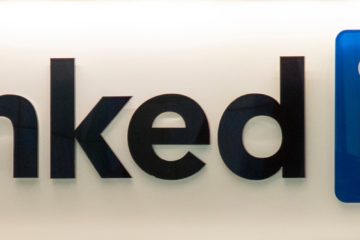Every line in your resume should have value and should contribute to convincing the employer to hire you. If this can be achieved your resume will never get hidden under the piles of resumes on the recruiters’ desk.
Below mentioned are 8 tips to help you achieve the above target
- Focus on accomplishments – Focus less on your job duties in your last job and more on what you actually accomplished, with an emphasis on noticeable results, example:-increased sales revenues by 20 percent, developed software that reduced costs by 10 percent, etc.
- Be Concise – Statistics prove that hiring managers do not look back at the resumes that have just one typing error. Even if companies can forgive you for your one mistake, that’s no reason to submit a grammatically incorrect, misspelled, and otherwise poorly presented resume.
- Be clear, and structure your resume – Try to think like a recruiter when creating your resume. Provide the information recruiters want so that they don’t throw your resume in the trash pile. For example, if you worked as a software engineer at a top company such as Microsoft or Intel, stress the company name rather than your job title, since that will impress the recruiter the most.
- Minimize your “education” as you gain experience – Professional experience matters more than education, but it’s important that the Education section effectively conveys your educational background. If you have a nontraditional degree that recruiters may not be familiar with, be sure to offer a one- or two-sentence description of the major. The rule of thumb is that the Education section shrinks as you gain experience. Eventually, it will simply list the bare essentials such as university name, location, dates attended, degree earned, etc.
- Focus on the skills – Job seekers should be sure to include a Skills section on their resume. This section should list all expertise, foreign languages, and other applicable skills, but it’s a good idea to skip basic skills (such as Microsoft Word) that many applicants have. The key is to list skills that will help you land the job.
- Go big, and keep the little for later – When considering what to include on your resume, focus on the “big,” and save the “little” for the job interview. This means you should detail big, eye-catching accomplishments such as new products and technologies that you helped develop, major employers that you worked for, major customers that you interacted with, an increase in sales, profits, or productivity that you contributed to. Be ready to provide the details regarding these accomplishments and background information during the actual interview.
- Use keywords – Recruiters advise applicants to detail on their resume how their experiences (leadership roles, work duties, school activities, etc.) helped them to grow as a person and as a professional. Also, use keywords that match those listed in the job announcement. For example, if you’re applying for a position in e-marketing and search engine optimization, then your resume should include relevant terms. This will help you get noticed by resume-scanning software and advance past the first screening stage.
- Use tools and follow the directions – Some companies offer resume-building tools for job applicants at their websites. These tools will help you determine what you should and should not include on your resume. Be sure to use these tools, if offered. Some companies require applicants to submit their resumes in PDF, Microsoft Word, or text formats.
“A powerful resume should leap off the page saying, ‘Me! I’m the one you want to hire!’” advises software engineer Gayle Laakmann McDowell in her book The Google Resume:



0 Comments